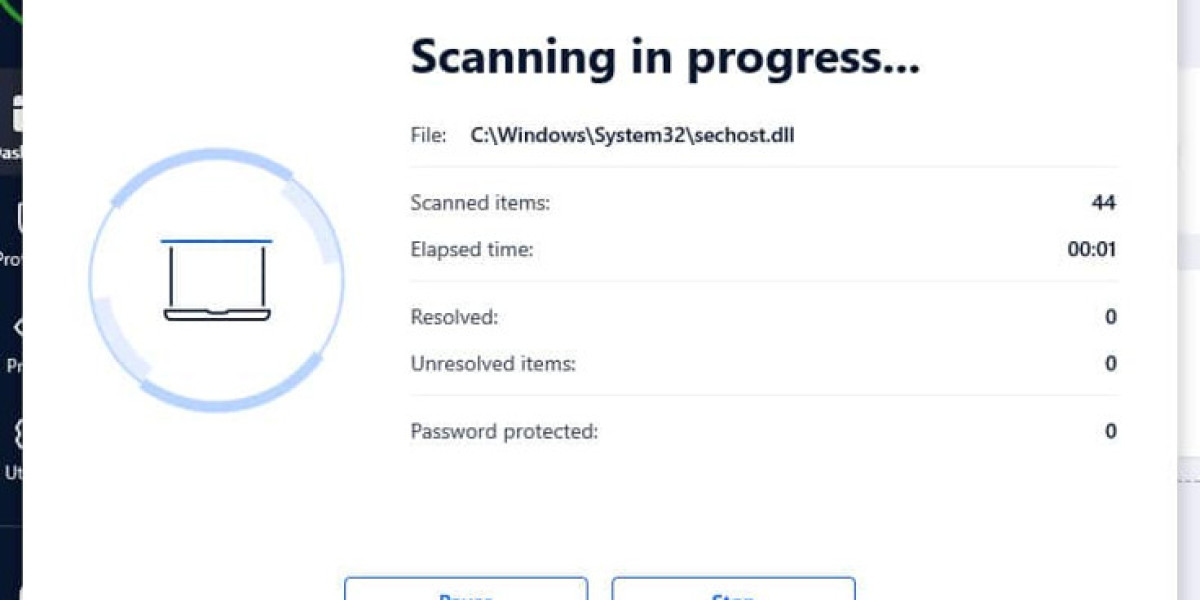Eviction tenant is an essential aspect of property management for landlords. It can be a complex and legally challenging process, requiring knowledge of the rules and regulations surrounding tenant rights and obligations. Whether you're dealing with a non-paying tenant, lease violations, or other issues, the process can be daunting. This article aims to break down the tenant eviction process, providing essential information and guidance for landlords, with the expertise of First4LandlordAdvice.
Understanding Eviction: What Is It?
Eviction is the legal process through which a landlord removes a tenant from their rental property. It is typically a result of a violation of the lease agreement, such as failure to pay rent, causing property damage, or engaging in illegal activities. However, evictions can also occur for other reasons, such as the landlord needing the property for personal use or property sale.
The eviction process differs based on jurisdiction, but it must always follow legal procedures. A landlord cannot simply ask a tenant to leave without due process, and improper eviction attempts can lead to legal consequences for the landlord.
Key Reasons for Tenant Eviction
Several reasons might lead to the decision to evict a tenant. Some of the most common include:
- Non-payment of Rent: One of the most frequent reasons for eviction, typically initiated after the tenant falls behind on rent payments.
- Lease Violations: Tenants may be evicted for breaking clauses within the lease, such as subletting without permission, unauthorized pets, or excessive noise.
- Property Damage: Serious damage to the property caused by a tenant or their guests can be grounds for eviction.
- Illegal Activity: Tenants engaging in illegal activities, such as drug use or distribution, may be subject to eviction.
- End of Lease Term: If a tenant’s lease has expired, and the tenant refuses to vacate the property, eviction may be necessary.
The Legal Eviction Process
Evicting a tenant is not as simple as asking them to leave. It requires adherence to the law, and any misstep can cause delays or legal complications. Below are the basic steps in the eviction process:
Step 1: Review the Lease Agreement
Before proceeding with an eviction, it is crucial to review the lease agreement. Ensure that there is a clear and legitimate reason for eviction and that it aligns with the terms outlined in the lease. The lease should also include any necessary clauses regarding notice periods, payment schedules, and other obligations.
Step 2: Provide Notice to the Tenant
Once the reason for eviction is confirmed, the next step is to provide formal notice to the tenant. The notice should clearly state the reason for eviction and the time frame in which the tenant must either rectify the situation (such as paying overdue rent) or vacate the property. Common types of notices include:
- Pay or Quit Notice: Given when the tenant has not paid rent.
- Cure or Quit Notice: Given when the tenant has violated a term of the lease (e.g., causing damage).
- Unconditional Quit Notice: Used in severe situations, such as illegal activities.
Step 3: File an Eviction Lawsuit
If the tenant does not comply with the notice or vacate the property within the specified time frame, the landlord can file an eviction lawsuit, known as an "unlawful detainer" lawsuit. The landlord must go to court and present evidence to support their claim.
Step 4: Court Hearing
A court hearing will be scheduled where both the landlord and the tenant can present their case. The judge will review the evidence and issue a ruling. If the landlord prevails, a court order will be issued for the tenant to vacate the property.
Step 5: Enforcement of the Eviction
If the tenant does not leave voluntarily, the landlord may need to request assistance from law enforcement to enforce the eviction. A sheriff or constable will come to the property to remove the tenant if necessary.
Challenges and Considerations in the Eviction Process
Tenant Defenses
Tenants may attempt to challenge the eviction. Some common defenses include:
- Retaliation: The tenant may claim the eviction is a retaliatory action due to the tenant asserting their rights (e.g., reporting maintenance issues).
- Discrimination: Tenants may argue that the eviction is based on unlawful discrimination, such as race, gender, or disability.
- Landlord’s Failure to Maintain the Property: A tenant may assert that the landlord has failed to maintain the property as required by law, leading to the eviction.
Emotional and Financial Cost
Evictions can be emotionally taxing for both the landlord and tenant. For landlords, evicting a tenant often means dealing with unpaid rent and potential property damage. Furthermore, the legal costs of the eviction process can quickly add up, especially if the tenant challenges the eviction in court. It is important for landlords to weigh these costs and consider alternative resolutions before beginning the eviction process.
Alternative Dispute Resolution
Rather than going through the full eviction process, landlords may want to consider alternative methods of dispute resolution, such as mediation. Mediation allows both parties to discuss their issues and attempt to reach a mutually agreeable solution, potentially avoiding the need for formal eviction.
Best Practices for Landlords
Communicate Clearly with Tenants
Clear communication is vital in preventing eviction issues. Regularly remind tenants of their responsibilities and provide ample notice of any potential issues. Open communication can sometimes resolve minor problems before they escalate.
Keep Detailed Records
It’s important to keep accurate records of tenant interactions, payments, and any issues that arise. These records will be invaluable in the event that eviction becomes necessary.
Follow the Law
Landlords should always follow the proper legal procedures and avoid attempting “self-help” evictions, such as changing locks or shutting off utilities. Not only is this illegal, but it can also lead to significant penalties for the landlord.
Seek Professional Help
If you're unsure about the eviction process or encounter challenges, consider seeking professional help. At First4LandlordAdvice, our eviction experts can guide you through every step of the process, from understanding your rights to managing the legal complexities of tenant eviction.
Conclusion
Eviction is never an ideal situation for any landlord, but when it becomes necessary, it is crucial to follow the legal process to avoid complications. By understanding the eviction process, following best practices, and seeking professional advice when needed, landlords can protect their rights and ensure that their properties are well-managed.
At First4LandlordAdvice, we are here to help landlords navigate the complexities of eviction, providing expert guidance and support. If you are facing challenges with a tenant, don’t hesitate to contact us for assistance.







